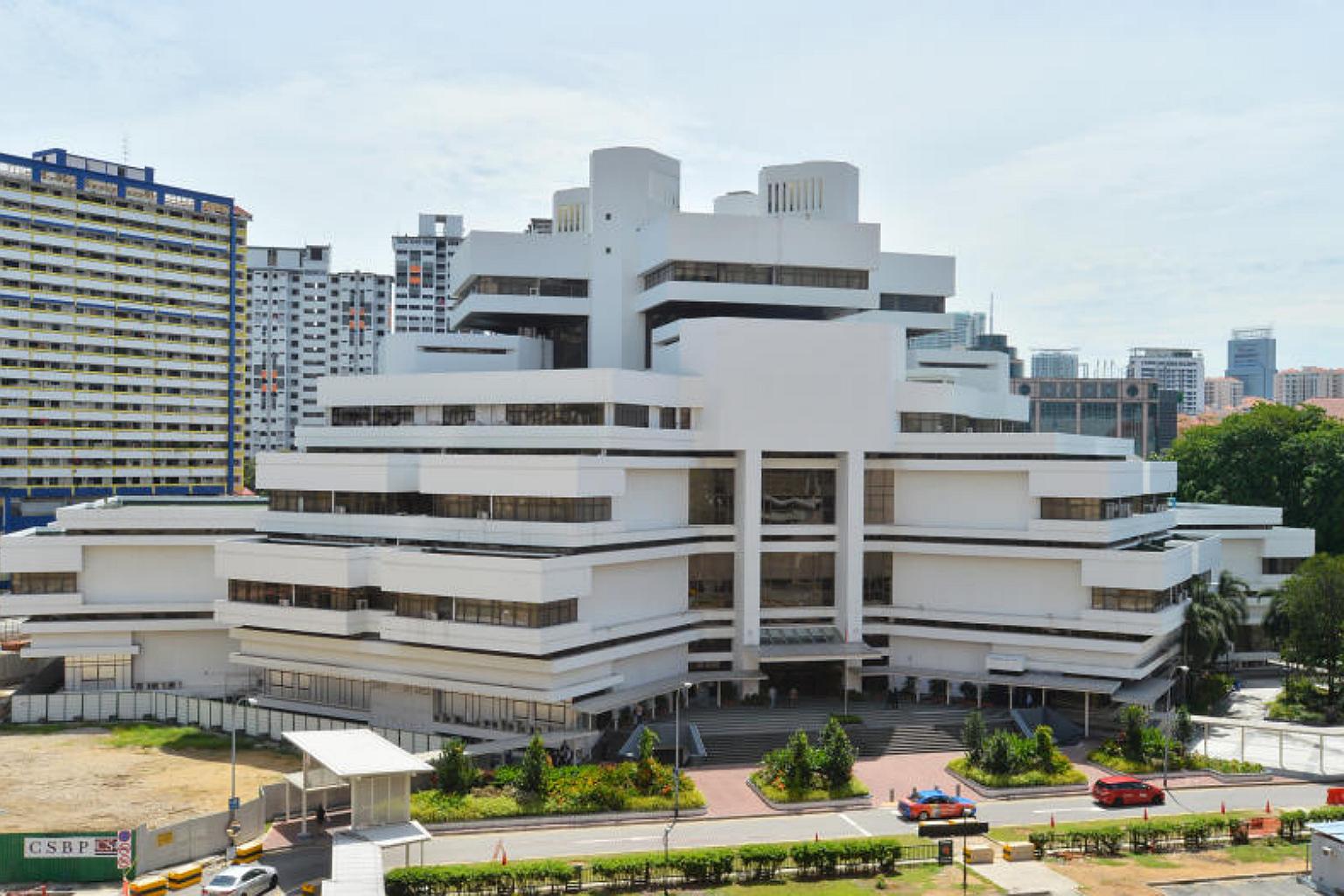State Courts to use system that instantly transcribes court proceedings
Sign up now: Get ST's newsletters delivered to your inbox

Judges, prosecutors and defence counsel will have access to the instant transcripts on individual computer monitors in courtrooms.
PHOTO: ST FILE
SINGAPORE - A system that transcribes speech into text in real time is being developed by the State Courts and the Agency for Science, Technology and Research's (A*Star) Institute for Infocomm Research (I²R) for use in court.
The Speech Transcription System (STS) will allow oral evidence and court proceedings to be transcribed instantly, providing judges, prosecutors and defence counsel access to transcripts on individual computer monitors in courtrooms.
The system will undergo testing by 2019 and be fully implemented in 2020.
The State Courts said on Thursday (Dec 14) that the STS will enable criminal cases to be conducted in a more expeditious manner and allow more effective participation by parties involved, especially when questioning a witness on the stand.
The STS will detect when a witness cannot be heard clearly, the State Courts said in a release, adding that the STS also has a search function which allows for clarification of specific parts of evidence.
Justice See Kee Oon, presiding judge of the State Courts, said: "The State Courts are constantly improving our services to provide an effective justice system.
"The Speech Transcription System is indeed another innovation harnessing technology to offer real-time oral evidence which will benefit all parties to court proceedings."
The State Courts handle about 99 per cent of the criminal cases in Singapore.
Although all criminal court proceedings, except mention cases, are currently digitally recorded, it takes about seven days for an external service provider to provide the transcripts.
To have real-time transcripts, parties have to engage private vendors.
Professor Dim-Lee Kwong, executive director of I²R, said: "This transcription system is a great example of how technology can be used to improve productivity by automating a traditionally labour-intensive process.
"This allows court officers to work more efficiently and effectively. The technology can also be used to improve productivity not just for court staff, but also for communicators, archivists and other such professions."


